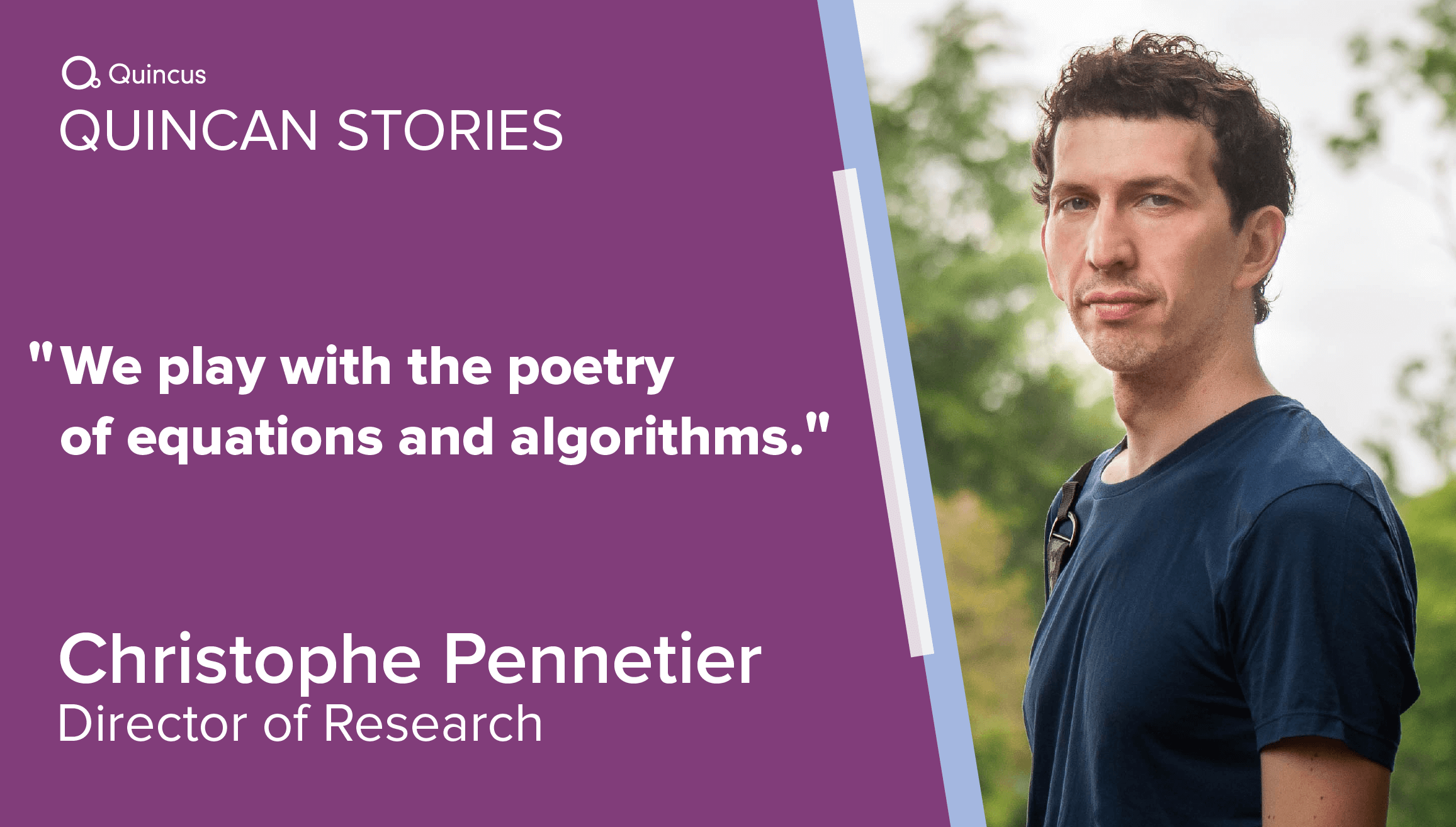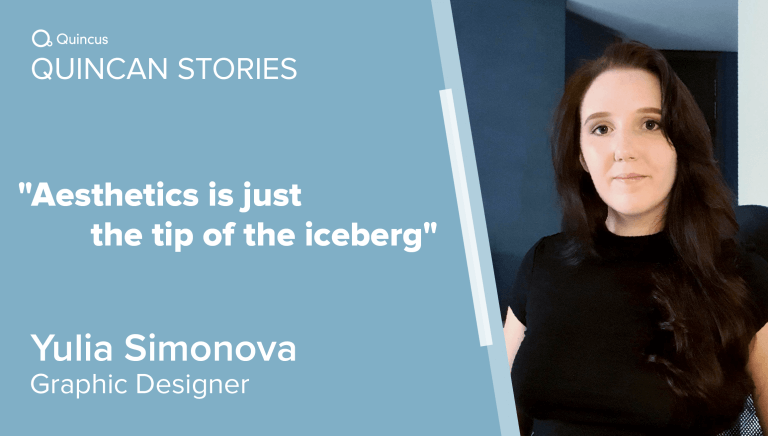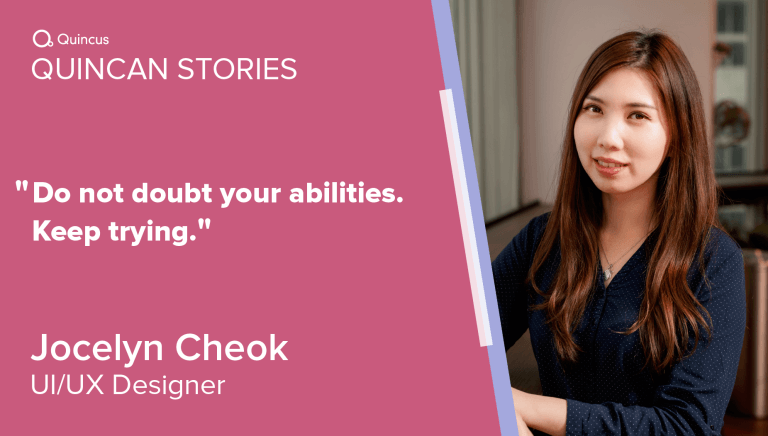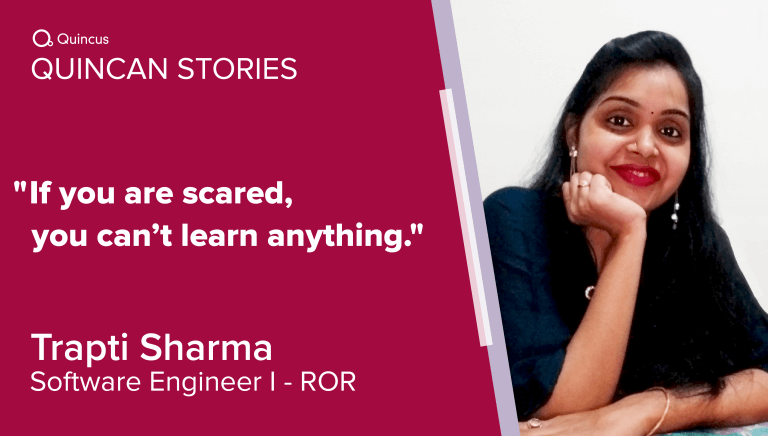
Christophe Pennetier: Striving for the stars

You are a Director of Research at Quincus. Please share with us your role and responsibilities there.
My mission is to make Quincus a leading AI-driven company in the logistics field. My role is to innovate throughout the entire timeline. I lead a team of data and research scientists to develop short-term incremental innovations, mid-term machine learning models, and long-term disruptive ideas based on mathematical concepts used in robotics, gaming, and autonomous vehicles.
As you were our Product + Research Lead, how does your current position differ from what you did previously?
It seems a little on a day-to-day basis, but it is a lot and pivotal for the strategic positioning of Quincus. As a Director of Research, I am still working on short-term inventions as I used to do. Indeed, Product + Research Lead is both development-driven and user-centric. When holding this position, you are in the rush of minimal viable products (MVPs) and iterative innovation. You do not prevent yourself from being disruptive, but immediate needs prevail. During this period, I focused on making the LogisticsEngine (LE) ready for scaling. In 6 months, we managed to multiply the maximum volume we can process by more than 200, and to divide the runtime to process this volume by 30.
Being Director of Research projects you into another universe. The long-term dimension of research means that Quincus not only needs to beat competitors today but also needs to lead the market tomorrow. To achieve this ambitious goal, we could trust (and bet) that, MVPs after MVPs, we will keep an edge on all the current and future players of the industry. Most companies choose this strategy. We aim for more; we strive for the stars.
When John Fitzgerald Kennedy gave his iconic speech on the Moon in 1962, he took the risk of disruption. He said: “We choose to go to the Moon in this decade […] not because it is easy, but because it is hard; because that goal will serve to organize and measure the best of our energies and skills, because that challenge is one that we are willing to accept, one we are unwilling to postpone, and one we intend to win.” This quote embodies what research is. Research is ambitious, uncertain, and risky. Above all, research is a leap of faith.
We implicitly say that we do remarkable and valuable things today, but we are ready to bet on something entirely different for tomorrow to be extraordinary. It is crucial for the entire company and its culture. If Quincus wants to be a first mover and a pioneer, its people cannot be afraid to try and fail as long as they do not stop being creative and bringing new ideas, concepts, and products for our clients.
You have also been taking on an advisory role in Business Development. Could you also share some of the areas of development we’re expanding towards?
We focus our research on state-of-the-art AI. We play on the same playground as Google Brain, Facebook AI, Amazon, Deepmind, and Microsoft Research because our inspiration does not come from the logistics industry. We will design our products, exploiting our research, for logistics. The nuance is important because it is fundamental for our research strategy.
We project to build tools that will allow carriers, aircraft manufacturers, e-commerce platforms, and supply chain players to optimize the transport of goods and packages worldwide (we call it the multi-mile problem) in real-time. Is your hub and spoke network well-designed? Could you be more efficient in terms of cost and of impact on the planet? Are you able to adapt to a new pandemic? What can you do when a cargo ship blocks a canal for days?
We will answer all these questions through research. We will leverage the massive amount of data at our disposal to work on deep reinforcement learning (DRL) models. DRL is the technology behind the computer program that defeated professional Go players and chess masters. DRL is also the technology behind autonomous vehicles. Using neural networks mimicking the human brain and a learning strategy where the machine becomes better at learning and decision-making, we expect to build the best “dispatcher” in the world of logistics.
Tell us a bit about your academic route and past work experiences.
Next month will be the 20th anniversary of my first job. I was a systems engineer at the Jet Propulsion Laboratory (NASA), working on the feasibility of deep space sample return missions that came to life in the form of the Perseverance mission that landed on Mars last February.
Since then, I have carved my way through the corridors of the best universities, multinational companies, SMEs, and startups in tens of industries. I have always worked on growth and innovation at the interface between science, engineering, business, and design.
You did a Ph.D. in Technology and Operations Management at INSEAD. Were you interested in going towards the academic route?
I obtained a Ph.D. to first and foremost go deep after significant time in the industry where I went wide. I also have an inexhaustible passion for solving complex puzzles. Academia was an option, mostly because I love teaching and sharing knowledge. Research in academia is more siloed and political than research in the industry. That is why being Director of Research at Quincus offers far more opportunities and fun moments than in a university.
It’s interesting how you’ve explored various fields—as expected of a polymath! You’ve even created two startups: Pennetier Design Factory (pdf) and Venturenomics. What made you shift now towards logistics and the supply chain?
I have honestly no specific inclination for a given field. I take a job if the challenge is immense, if I can do mathematics, and if I am free to design innovative solutions from A to Z.
What are some of the challenges you encountered in your role, and how do you overcome them?
Today, the biggest challenge in Singapore during a worldwide pandemic is hiring the right talents to join us. A good research scientist needs to be wise, have a passion for innovation, be at ease with uncertainty, not be afraid of the frustration to search without finding, and ready to improvise. I try to find the MacGyvers of AI. Believe me, the task is arduous. But the advantage of working in a dynamic startup is that we can improve on our side. We have right now three great scientists working with me on DRL. They work from France, Spain, and Tunisia. So, I remotely build for them an environment of success where they can blossom doing maths.
What do you like about working at Quincus?
We play against the best to be the next pioneers of a field. It is fantastic, isn’t it?
Would you recommend getting into logistics/supply chain at this point in time, and why?
Logistics is a field where there is an arbitrage as we could have in finance. The digital revolution has not uniformly impacted the industry, creating disparities that, for us, are opportunities. The amount of available data is enormous. There is space for developing the latest ML/RL algorithms. The world post-COVID will change (and has already changed). The world stays as big as it is, but people will move differently and with new expectations regarding cost, speed, ecology. Again, for Quincus, I see tons of opportunities. It is like working on PCs in the 80s, on the Internet in the 90s, and mobiles in the 2000s.
Any advice for those looking to explore our industry?
Work to be the best and come and join us.
—
Interested in being a part of Christophe’s team committed to carving out the next phase of supply chain innovation?
Explore your potential at Quincus. Come and work with us!
Subscribe to keep up with our latest news









